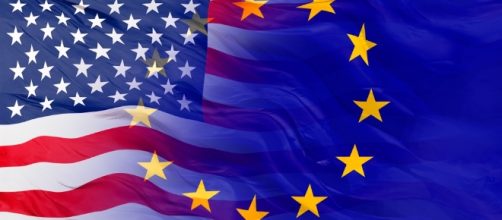In opening the conference in Munich (Germany) on security, Friday, February 17, Wolfgang Ischinger, the president, had stressed "massive uncertainty" prevailing in international relations since the election of Donald Trump, in November 2016: "Of the never seen" in 53 years of existence of this annual forum, become a kind of Davos of defense. "I hope that on Sunday, after our debates, we will have had answers to our questions and that our doubts have been removed," the German diplomat added.
The least we can say is that Mr. Ischinger's hopes have been disappointed.
Certainly, officials of the new US administration came in force - Vice President Michael Pence, Defense Secretary James Mattis, Secretary of Homeland Security John Kelly, many members of Congress. But their professions of transatlantic faith have failed to mask the confusion prevailing in Washington and the total absence of leadership of US foreign policy.
Trump's entry into the White House
As public interventions and in-camera interviews over the long-awaited weekend, participants' reactions at the Bayerischer Hof's rococo salons went from perplexity to consternation. On Sunday afternoon, the verdict was clear: one month after Mr. Trump's entry into the White House, the crisis of confidence between Europe and the United States is obvious and serious, and there is no way of saying how It will be overcome.
Trump's remark on NATO
On the form, the Americans have done the job to try to reassure its European allies, and all that was needed to say forget the remark of Mr. Trump on the character obsolete NATO has been said. Notably by Mr. Pence who on Saturday affirmed the "unwavering support" of the United States to the transatlantic alliance.
It is rather what has not said that upset. The absence of a mention of the European Union in the speech of the Vice-President, for example, was immediately noted by the Europeans who, shocked by the repeated attacks of Mr. Trump against the EU in recent weeks, hoped for an update on the subject.

